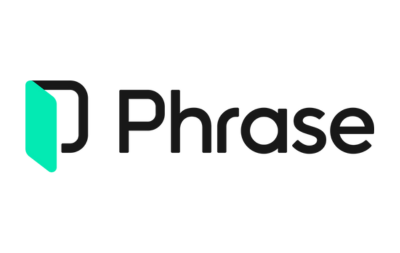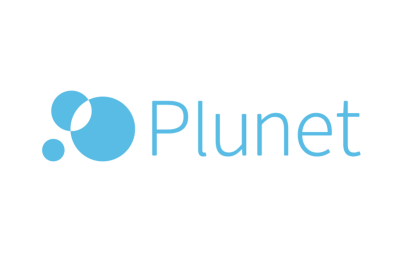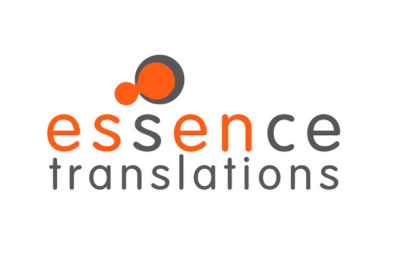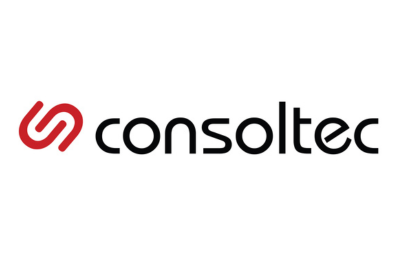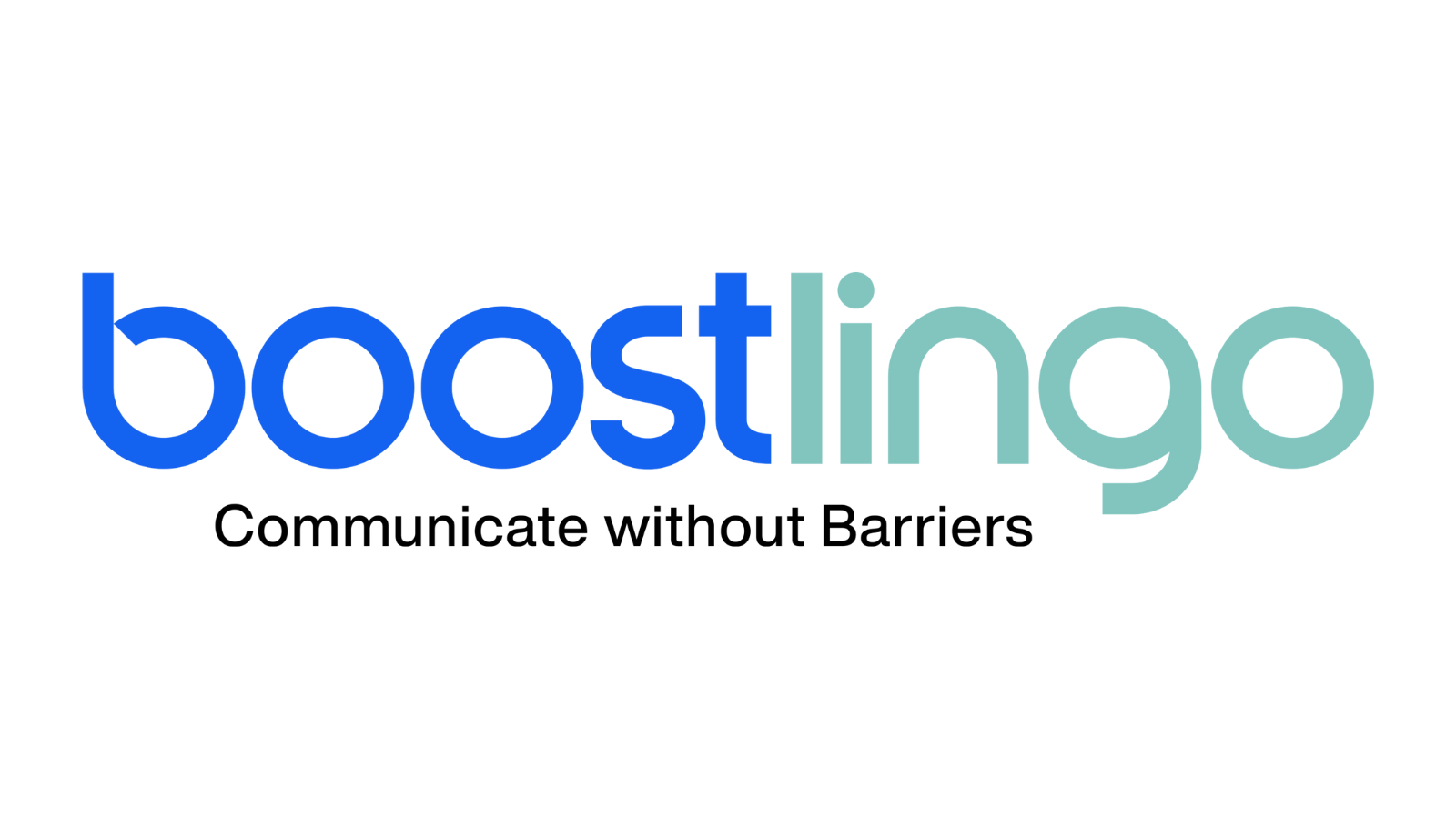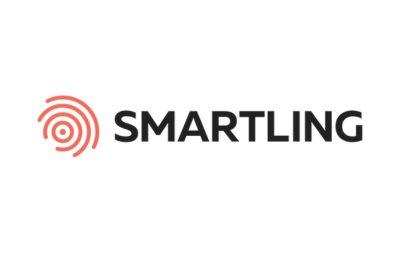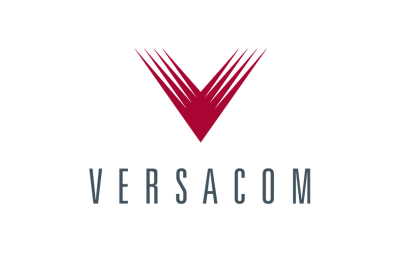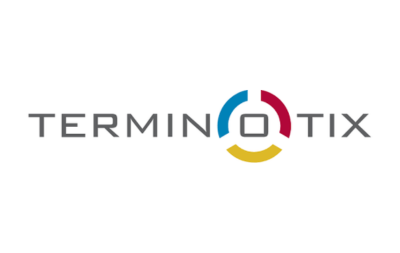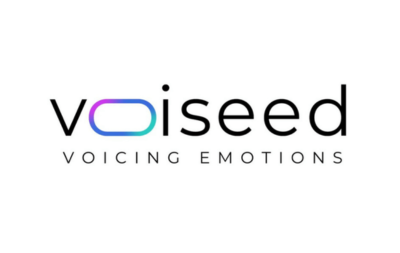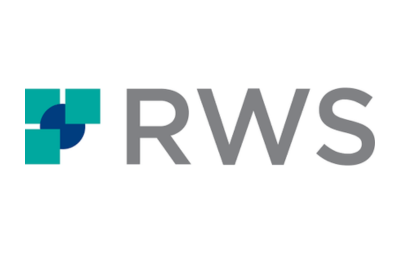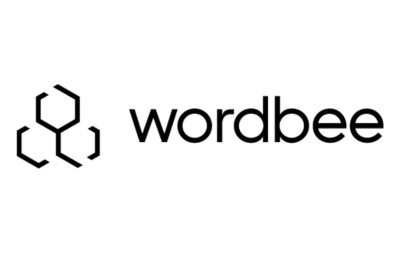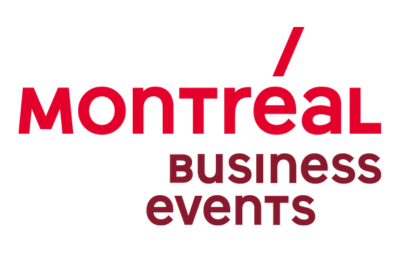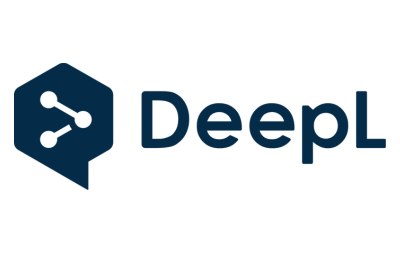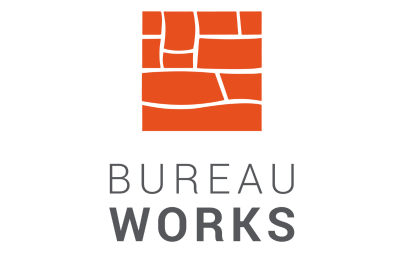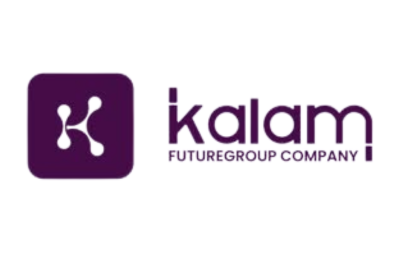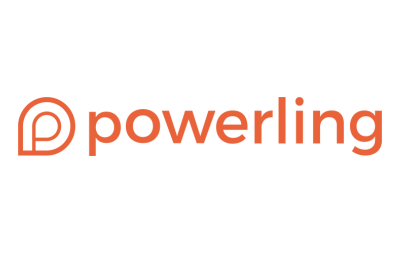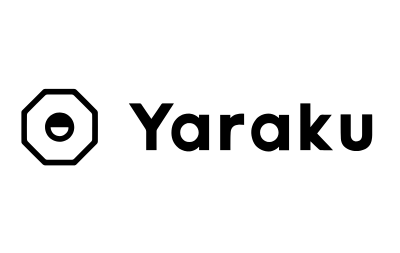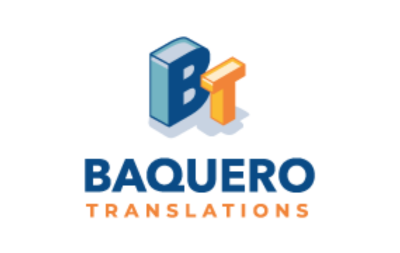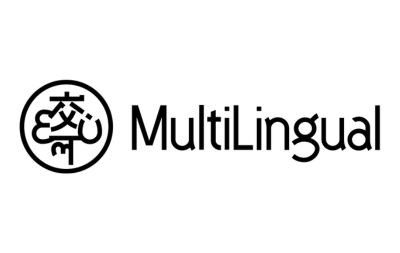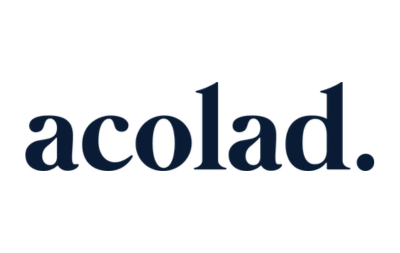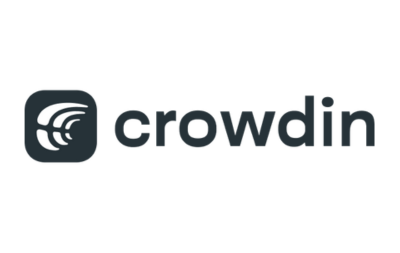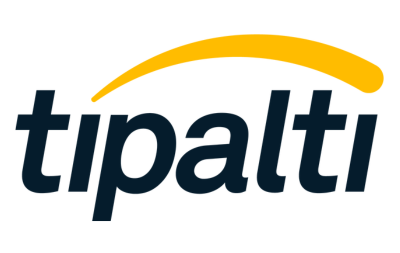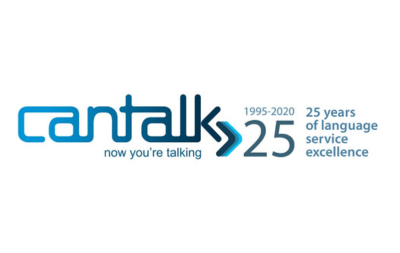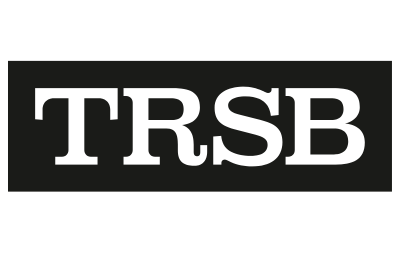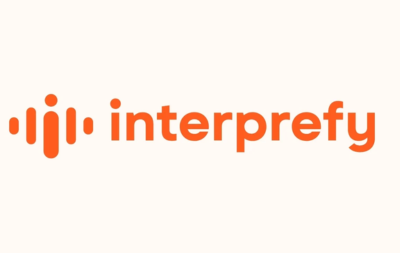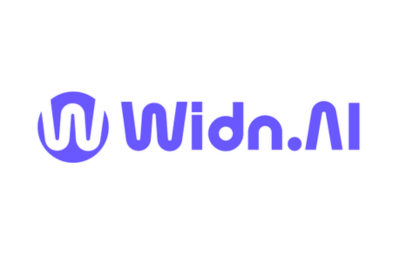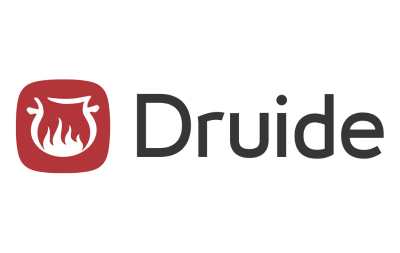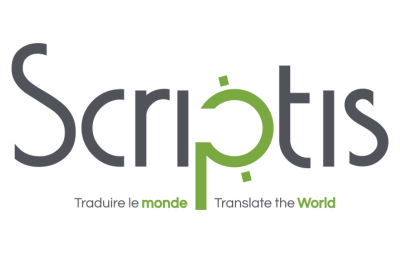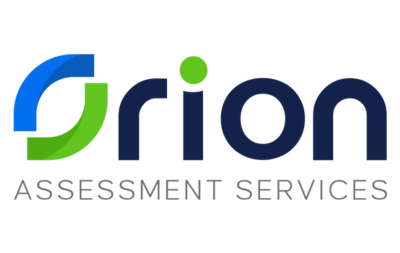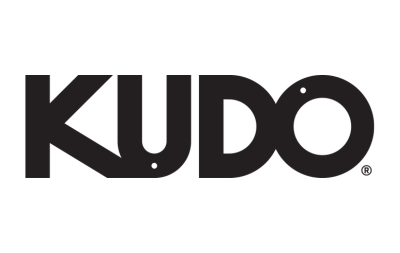GALA 2025 Montreal
Everything “In the Age of AI”: Experience, Hope, Transformation and Inspiration
By the time of GALA Montréal, two and a half years will have passed since ChatGPT first rocked the world. There can be no doubt that our work in the language industry has profoundly changed – and it is still changing. We can debate how much this change can be blamed on AI, or on the recent pandemic, or other changes that were already secretly afoot – one thing is certain: the old world will not return.
The good news is that we can now move beyond the realm of speculation, and talk about our experience. We invite you to do just that: Talk to your peers about your experience, good or bad, with work and business in this new world. It is safe to say that most of us will be eager to hear stories of where you started, where you are now, and what the future looks like.
Change is always traumatic, especially now that we live in the wake of two cataclysmic events. It would be foolish to deny that some of us will look for a lifeline, a sign of hope at GALA 2025.
Special thanks to the GALA 2025 Montreal Program Committee for their work to develop the program. Please note that session details and speaker bios will be published in the event app only.
TRACKS
- Business
- Interpreting
- Language Accessibility
- Multilingual Multimodal Content
- Operations
- People
- Soapbox
Dates: 13-15 April 2025
Location: Le Centre Sheraton Montreal Hotel | Montreal, Quebec, Canada
Format: In-Person
Speaker Registration Rate: $1,050
Deadline for proposals: 27 October 2024
GALA launched its Language of Business conference series in 2009. The 3-day annual conference has been held in cities across Europe, North America, and Central America and draws delegates from around the globe to learn, share, and network. Attendance at GALA conferences routinely reaches 500 registrants and they have become one of the regular gathering places for professionals in the language and localization sector. GALA conferences have earned a reputation for being open, inclusive places to learn with peers. They have a collaborative atmosphere and a buoyant, energetic vibe.
GALA conferences attract a diverse audience including experienced professionals from all sectors of the language services industry such as developers, suppliers, and buyers of language services and technologies, as well as students, teachers, and researchers dedicated to advancing the field of translation and localization.
The deadline for proposals is 27 October 2024. Please complete your application using the online form. Final accept/decline notifications will be sent to submitters not later than 10 January 2025.
Proposals should:
- address the conference theme in a clear manner
- fit one of the conference tracks
- cover a breadth and depth appropriate for an experienced, sophisticated audience
- contain a minimum of 3 concrete takeaways for the audience
- not repeat presentations from other industry conferences
- not be commercial or promotional
Read the guidelines for submitting a successful conference proposal
Speakers' Agreement
Please review the speaker agreement. You will be asked for your consent to the terms during the submission process. Speakers whose proposals are selected will be required to sign and send the agreement.
Submission Form
- The online submission form includes the following information:
- Presenter name, company, and brief bio
- Presenter email
- Panelists (if applicable)
- Session title
- Abstract
- Session format
- Track
- Session level (Intermediate or Advanced)
- Takeaways for the audience
- Ways in which you will engage the audience
- Have you presented this session/topic before? (If yes, please specify where and when in the comments section.)
- Is this proposal being considered elsewhere? (If yes, please specify where and when in the comments section.)
- Do you have support/approval from your company to present at GALA if your proposal is accepted?
- Please provide links to any sample presentations, videos, or references/accolades from past presentations.
- Agreement to terms in the Speaker Agreement
- Additional comments or notes
Tracks are designed to be inclusive and cross-functional. Please keep in mind our diverse audience which includes translation, localization, and interpreting professionals serving in a variety of roles.
For each track, we provide suggestions to inspire you and help you develop valuable and compelling proposals that might include best practices, use cases, case studies, and success/personal stories.
For questions related to the conference tracks and topics, please write to [email protected]
Track 1: SOAPBOX SESSIONS
GALA 2025's Soapbox Sessions are inspired by the tradition of public speaking from 19th-century parks and town squares.
At GALA 2025's Soapbox sessions in Montreal, you have 8 minutes to share your ideas, challenge the status quo, ask questions, and start a conversation. No props, no slides, just you and a microphone. The audience will then have 5-6 minutes to ask questions or debate your position.
A Soapbox session is not about informing but having a conversation on issues that matter to you. So…
- What do you believe that most people in our industry would disagree with?
- What future trends do you see that others might dismiss as unlikely?
- What questions are keeping you up at night?
- What industry "groupthink" needs to be challenged?
Track 2: BUSINESS
The program committee is seeking real-life, hands-on, practical information to share with an audience that wishes to move beyond theory to implementation.
- Emerging services
- Pricing and selling AI-based services (LSC and buyer perspectives are both welcome)
- Increasing business productivity with AI
- Ethical, legal and responsible use of AI and LLMs in LSC settings
- Navigating InfoSec and legal requirements for AI use in large enterprise settings
- Cybersecurity programs and best practices
- Change management:
- Developing a change management strategy in the AI era
- Developing training and support programs
- Combining social responsibility and business impact
- AI-enabled hyperlocalization
- Tech stack:
- What a company needs in the AI era
- Payment platforms in the era of AI
- Areas of a company where AI can be introduced
Track 3: PEOPLE
- DEIJ initiatives and programs
- Leadership in the modern era:
- Endless possibilities and managing senior leadership expectations
- Priorities and needs
- Reskilling internal localization teams in the era of hyperautomation
- Building high performance teams while navigating constant change and uncertainty Initiatives and programs to foster a mindset of growth and innovation
- HR strategy and planning for the next 3 years
- New skills for new professions: How are companies and academics training and hiring next-gen language experts?
- Effects of virtual environments and remote work
- Talent retention
- AI and talent department
Track 4. LANGUAGE ACCESSIBILITY
- AI and language accessibility
- Designing accessible language tools
- LLMs and inclusive language:
- Converting large non-inclusive datasets to inclusive
- LLMs applied to enable variants & minority languages
- Initiatives for digitally disadvantaged languages
- Cultural relevance, social responsibility, and ethical considerations in language access initiatives
- Language tech for digitally disadvantaged languages
- Indigenous languages: challenges, writing systems, standards
Track 5: INTERPRETING
- New technology to improve the user experience (e.g., glasses for sign language, avatar, hologram)
- The enduring value of human interpreters in multilingual communications
- Best practices for multilingual events
- Creating an exceptional user experience (from registration, to special needs, to venue facilities, to interpretation, captioning, ASL, and more)
- Managing Resources/Workforce: The future of Interpreters and non-interpreter background professionals
Track 6: OPERATIONS
- Prompt design
- Development of responsible tech
- AI and LLMs in daily ops:
- New workflows incorporating AI
- Measuring human effort when working on AI-based services (Sustainable revenue in the age of AI)
- AI-powered localization in regulated industries
- Data Management Services: collection, labeling, anonymization, classification, sentiment analysis
- MT Vs LLM Solutions - Case studies with real examples
- Global methods and payment platforms in the era of AI
Track 7: MULTILINGUAL MULTIMODAL MEDIA
- Developing multilingual content with AI:
- Providing multiple way of accessing content in a coherent way
- Developing in-language and in-culture (multimedia) content
- GenAI for customer service and marketing
- Effective uses of multilingual conversational agents
- AI for search engine optimization
- Terminology and knowledge management in the GenAI era
- Persona-based AI generated content, including feedback loop based on customer reaction to content
- Quality Management approaches to AI-generated content
- Impact of AI on CX
- Defining and educating end-users on an AI-powered fit-for-purpose Language Experience (LX)
- Short Talks: Presentations of use cases that promote conversation, debate, and/or curiosity. (1-2 speakers, 30 minutes including Q&A)
- Interactive Panel Discussions: Long-format panel discussions that engage the audience in a dialogue around a specific topic. Four panelists maximum. (60 minutes)
- Deep Dive Sessions: Long-format in-depth sessions on a specific topic that require engagement by all participants. (90' minutes)
For questions related to the session formats, please write to [email protected]



